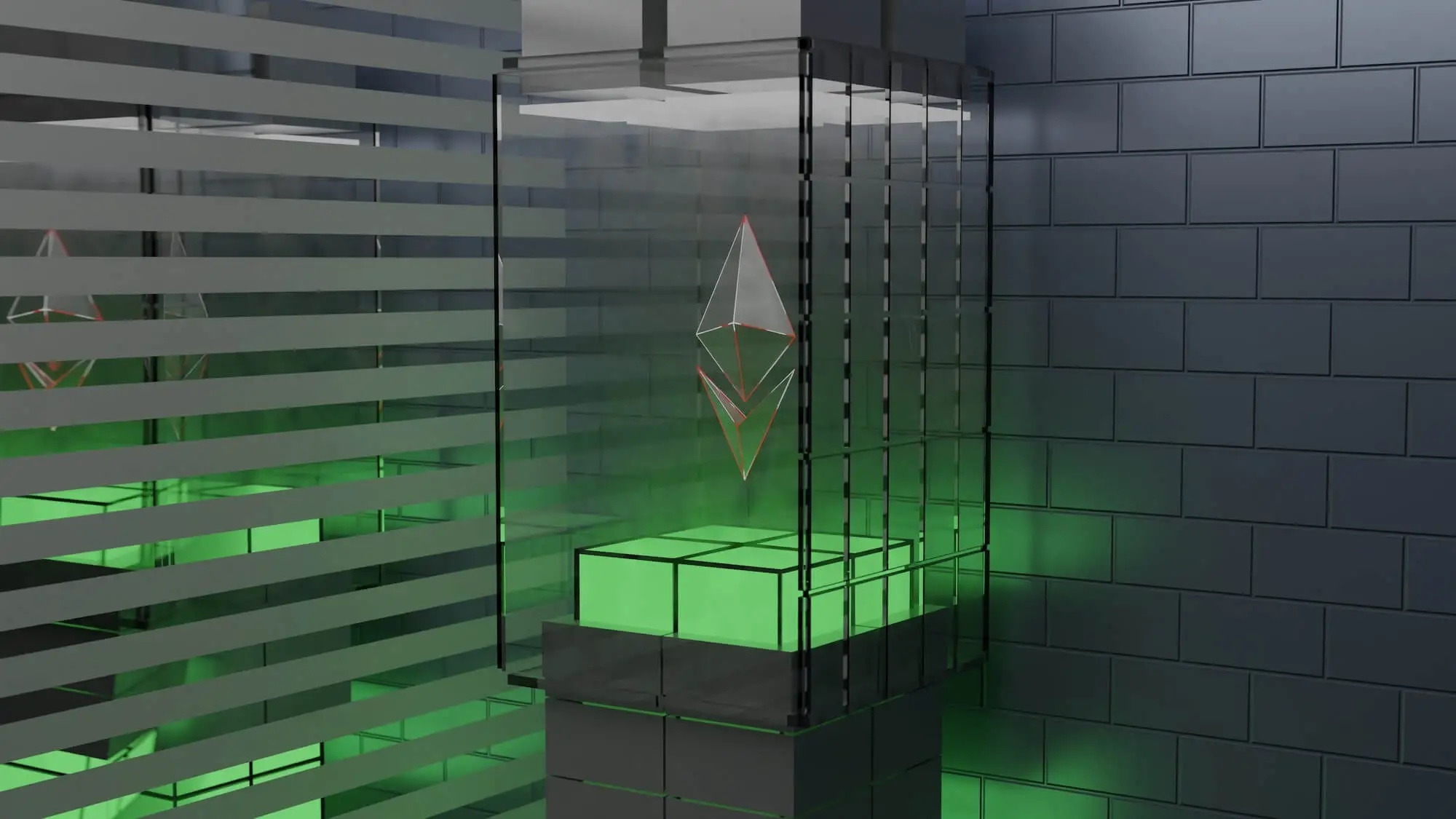The SEC Thinks All of Ethereum Is Under US Jurisdiction
According to a new federal filing by the SEC, it appears that Gensler and the SEC believe all Ethereum transactions are in US jurisdiction.

Last week, in a legal filing against a crypto influencer’s 2018 unregistered ICO, the SEC published a strange new stance on Ethereum. According to the agency’s federal lawsuit filing, Gensler and the SEC believe all transactions that occur on the Ethereum blockchain are under the jurisdiction of the US SEC because most validator nodes are positioned in the US.
“At that point, their ETH contributions were validated by a network of nodes on the Ethereum blockchain, which are clustered more densely in the United States than in any other country. As a result, those transactions took place in the United States.”
What’s weird about this new stance is that the SEC was well positioned to get a win and build some trust and credibility in the space. This lawsuit is about a crypto influencer, Ian Balina, who tried to pump his own token. Ian boasts a Twitter following of ~140k and ~110k on Youtube, and has posted content like “How to Make Millions with Initial Coin Offerings (ICOs).” Surely that won’t come back to bite him, right?
This position leads to a lot more questions than answers, and in my opinion, some giant logical leaps. What does that mean for companies who have most of their shares held outside of the US? How about foreign companies who have most of their revenue coming from inside the US? Or for that matter, foreign companies that have a majority US based employees.
The SECs position clearly hasn’t been thought through, and that really has been the pattern coming from the agency. If the SEC were to put forward reasonable, well thought out positions, most of the crypto community wouldn’t bat an eye.
Most importantly though, this all leads us to a logical next step: should we set up a datacenter for validator nodes in El Salvador? Let’s call it a 51% attack on SEC jurisdiction.
